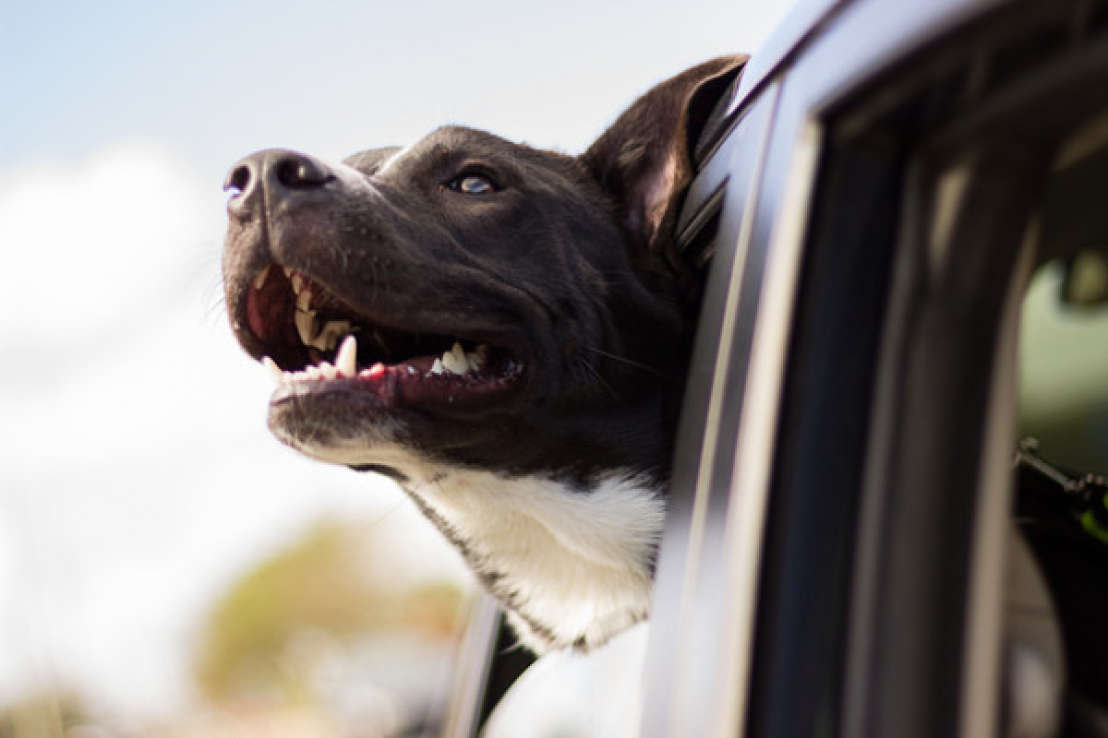Traveling animals: how to avoid stress

Vacation time and travel time. And, if you have a four-legged friend, you certainly don't want to miss the opportunity to take him with you when you travel. Yet you should be especially careful, because not all pets are used to travel. Some may even react with a stressful condition.
Experts reveal that stress is an adaptive reaction to change. The body responds with the release of some particular hormones and, in the case of animals, these reactions can be expressed through behaviors.
How to recognize stress in pets
On the Parafarmaciapet.com website there are natural products that are calming and suitable for your travel-stressed pet. You could use these products when your dog or pet in general shows unusual behavior during the trip.
In fact, to express stress, the animal could pant following an increase in heart rate, could breathe in a labored way, hide. Sometimes it can also adopt behaviors that we usually don't notice, the animal can become aggressive or express a sense of passivity, not playing, not moving or not eating. Sometimes it expresses all this with a physical reaction, through tremors.
What can you do in these cases? Experts recommend a few strategies.
Tips to avoid the stress of animals on vacation
To better manage your pet's stress, you should make travel part of a regular routine. Try to keep his body hydrated, making him drink frequently, but little by little.
Make frequent stops during your journey, taking care to stop at least every two hours. Always use common sense and never leave your pet alone in a car, even with the windows down.
Remember that animals don't sweat like humans. For example, dogs have sweat glands under their fingertips. All this means that, during a stop, the hot asphalt could be really annoying. So, when you stop to let your pet down, try to prefer a green area.
The dog or pet in general may also refuse food. Generally it is better not to be alarmed in this situation either. Take action if the food refusal condition lasts for a long time. If it's only a temporary reaction, don't worry, as food raises body heat, and since it's also hot, your pet may not want to eat at least temporarily.
Furthermore, when traveling by car, also take into account exposure to the sun: try to ensure that the animal has shaded areas in the car, so that it can take refuge there if the sun's rays become hot.
In this regard, also pay attention to the shaving of the hair. Usually the hair is also important in summer, because it serves to insulate the epidermis from the heat. An intense shearing of the hair could expose the animal to more frequent burns, in the presence of ultraviolet rays.
Also, with particularly noticeable grooming in the shearing sense, your pet may experience greater difficulty regulating body temperature.
Since pets love the daily routine, try to maintain their habits even on vacation. First of all, proceed gradually, so as not to cause too much stress, and then set aside special moments for them to play outdoors or take them for walks, preferring the cooler hours of the day.



1
1
1
1
1
1
1
1
1
1
1
1
1
1
1
1
1
1
1
1
1
1
1
1
1
1
1
1
1
1
1
1
1
1
1
1
1
1
1
1
1
1
1
1
1
1
1
1
1
1
1
1
1
1
1
1
1
1
1
1
1
1
1
1
1
1
1
1
1
1
1
1
1
1
1
1
1
1
1
1
1
1
1
1
1
1
1
1
1
1
1
1
1
1
1
1
1
1
1
1
1
1
1
1
1
1
1
1
1
1
1
1
1
1
1
1
1
1